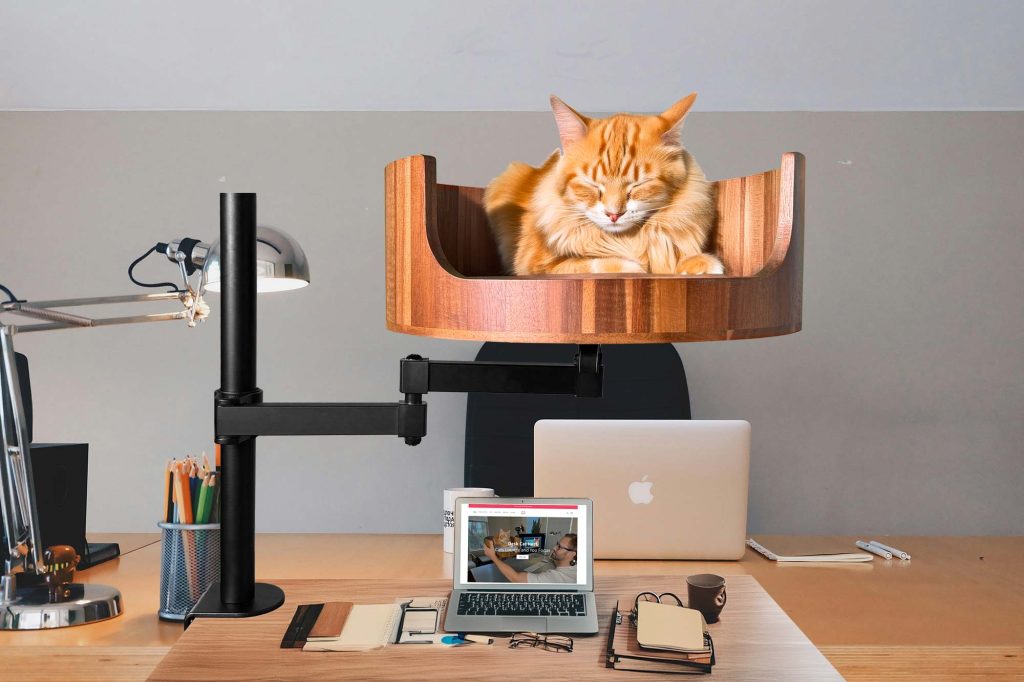As our feline companions age, there are several signs to look out for in order to ensure they receive the proper care and attention they need. From changes in behavior to physical ailments, recognizing these signs can help you provide the best possible quality of life for your aging cat. In this article, we will explore the various signs of old age in cats and discuss how to address their changing needs.
From decreased activity levels and changes in appetite to dental issues and cognitive decline, there are a variety of signs that your cat may be entering their senior years. By understanding these signs and knowing how to respond, you can help your feline friend transition smoothly into old age. We will also discuss the importance of regular veterinary check-ups for senior cats, as well as tips for creating a comfortable environment for your aging pet. Whether your cat is approaching their golden years or is already a senior citizen, recognizing the signs of old age and taking proactive steps to address them can help ensure that they continue to live a happy and healthy life.
1. Observing changes in your cat’s behavior, appetite, and mobility can help identify signs of aging.
2. Regular veterinary check-ups are crucial to monitor your cat’s health as they age.
3. Providing a comfortable and safe environment, such as a designated cat nest, can support your cat’s well-being.
4. Senior cats may require adjustments in their diet and exercise routine to maintain their health.
5. Understanding and accommodating your cat’s changing needs as they age can enhance their quality of life and strengthen your bond.
Physical Signs of Aging
As cats get older, they may start to show various physical signs of aging. This can include decreased mobility, slower movements, changes in fur color or texture, weight loss, dental issues, and changes in eyesight or hearing. It’s important to monitor these physical changes and address any concerns with your veterinarian to ensure your senior cat’s health and comfort.
Behavioral Changes
Senior cats can also exhibit changes in their behavior as they age. This may include increased sleep, decreased activity levels, vocalization changes, changes in appetite or water intake, and changes in litter box habits. These behavioral changes can be a sign of underlying health issues or simply a natural part of the aging process. Keep a close eye on your cat’s behavior and consult with your veterinarian if you notice any concerning changes.
Medical Needs
As cats age, they may require additional medical care to maintain their health and well-being. This can include more frequent veterinary check-ups, blood work, dental cleanings, and medication to manage chronic conditions such as arthritis, kidney disease, or diabetes. It’s important to work closely with your veterinarian to develop a tailored care plan for your senior cat to ensure they receive the appropriate medical attention as they age.
Environmental Considerations
Creating a comfortable and safe environment for your senior cat is essential to their well-being. This may involve providing easy access to litter boxes and food dishes, comfortable bedding, steps or ramps to help them reach elevated surfaces, and minimizing stressors in their environment. Making small adjustments to your home can greatly improve your senior cat’s quality of life and make their golden years more enjoyable.
Desk Cat Nest FAQ
What are some common signs of old age in cats?
Common signs of old age in cats can include decreased activity levels, changes in appetite, weight loss, dental issues, arthritis, and changes in grooming habits.
How can a Desk Cat Nest help with cat old age signs?
A Desk Cat Nest provides a cozy and comfortable spot for your aging cat to rest and relax. The raised platform allows easy access for senior cats, and the soft cushioning provides much-needed support for achy joints.
Is the Desk Cat Nest suitable for all cat breeds?
Yes, the Desk Cat Nest is suitable for cats of all breeds and sizes. The sturdy construction can support even larger breeds, while the cozy nest design is perfect for cats who enjoy feeling surrounded and secure.
Can the Desk Cat Nest be cleaned easily?
Yes, the Desk Cat Nest is built with easy cleaning in mind. The cushion cover can be removed and washed, while the rest of the nest can be wiped down with a damp cloth for quick and convenient maintenance.
Is the Desk Cat Nest easy to assemble?
Yes, the Desk Cat Nest is designed for easy assembly with minimal tools required. The instructions provided make it simple to put together, so you can start providing your aging cat with a comfortable spot to rest in no time.
In conclusion, providing a comfortable and supportive sleeping environment for aging cats is crucial in managing their old age signs. The Desk Cat Bed offers a cozy and secure space for senior cats to rest, promoting better sleep quality and overall well-being. Its ergonomic design helps alleviate joint pain and stiffness, while the elevated platform prevents drafts and provides a sense of security. By investing in a Desk Cat Bed, you are not only improving your feline companion’s quality of life but also ensuring they age gracefully and comfortably.


